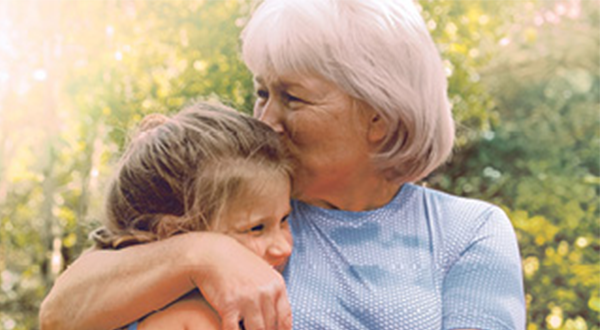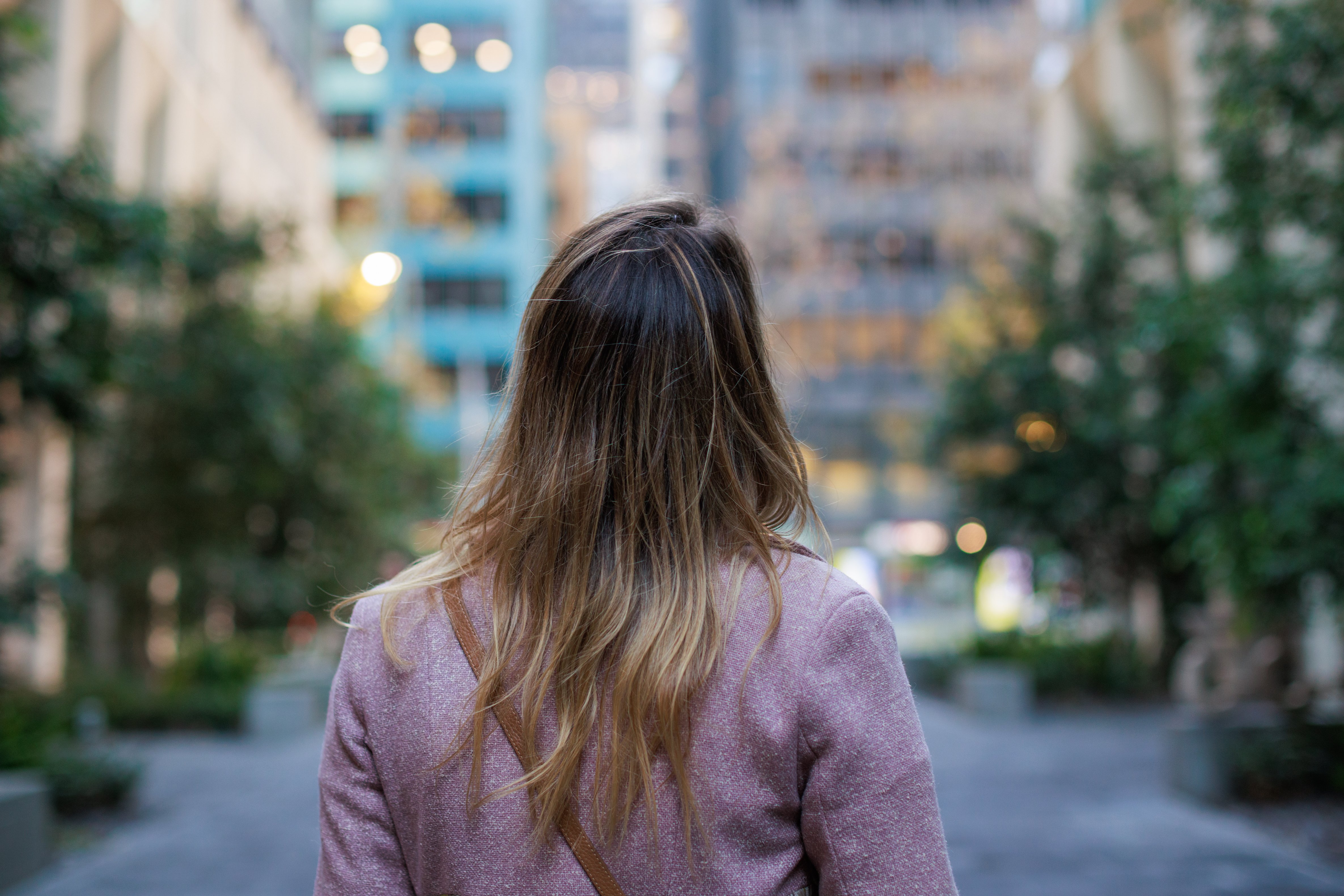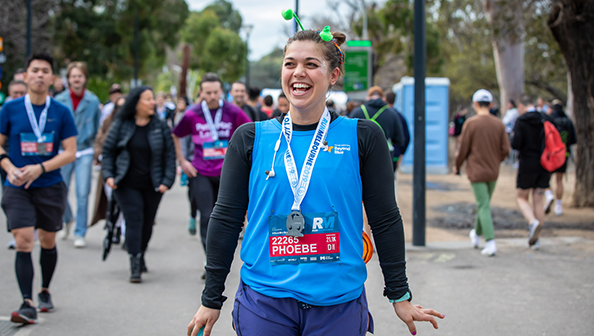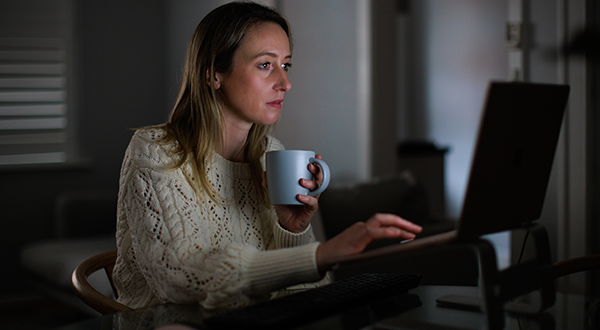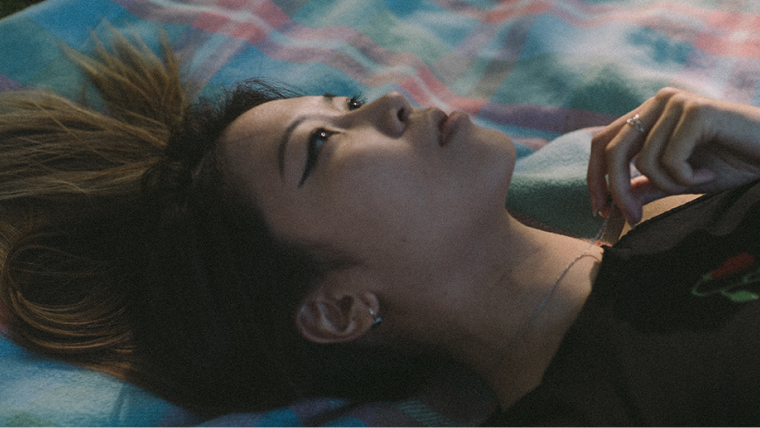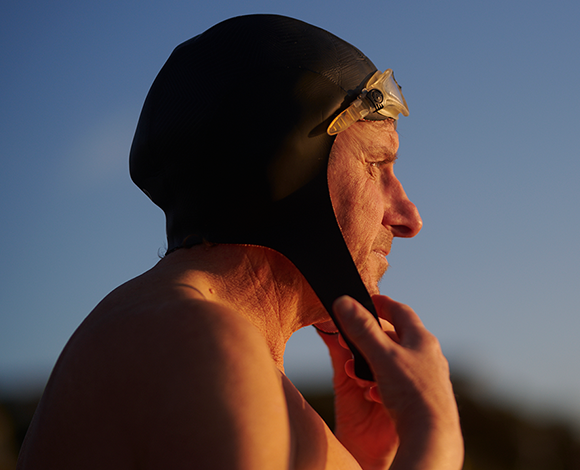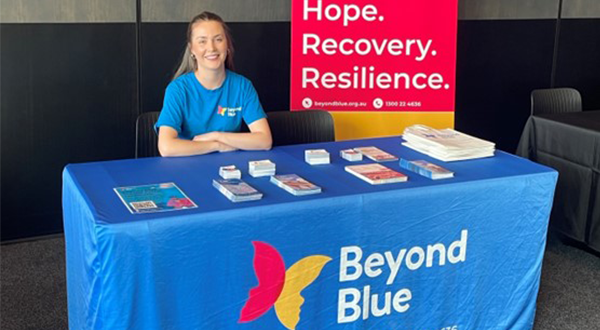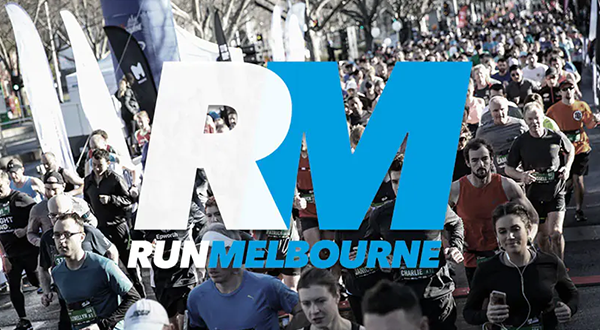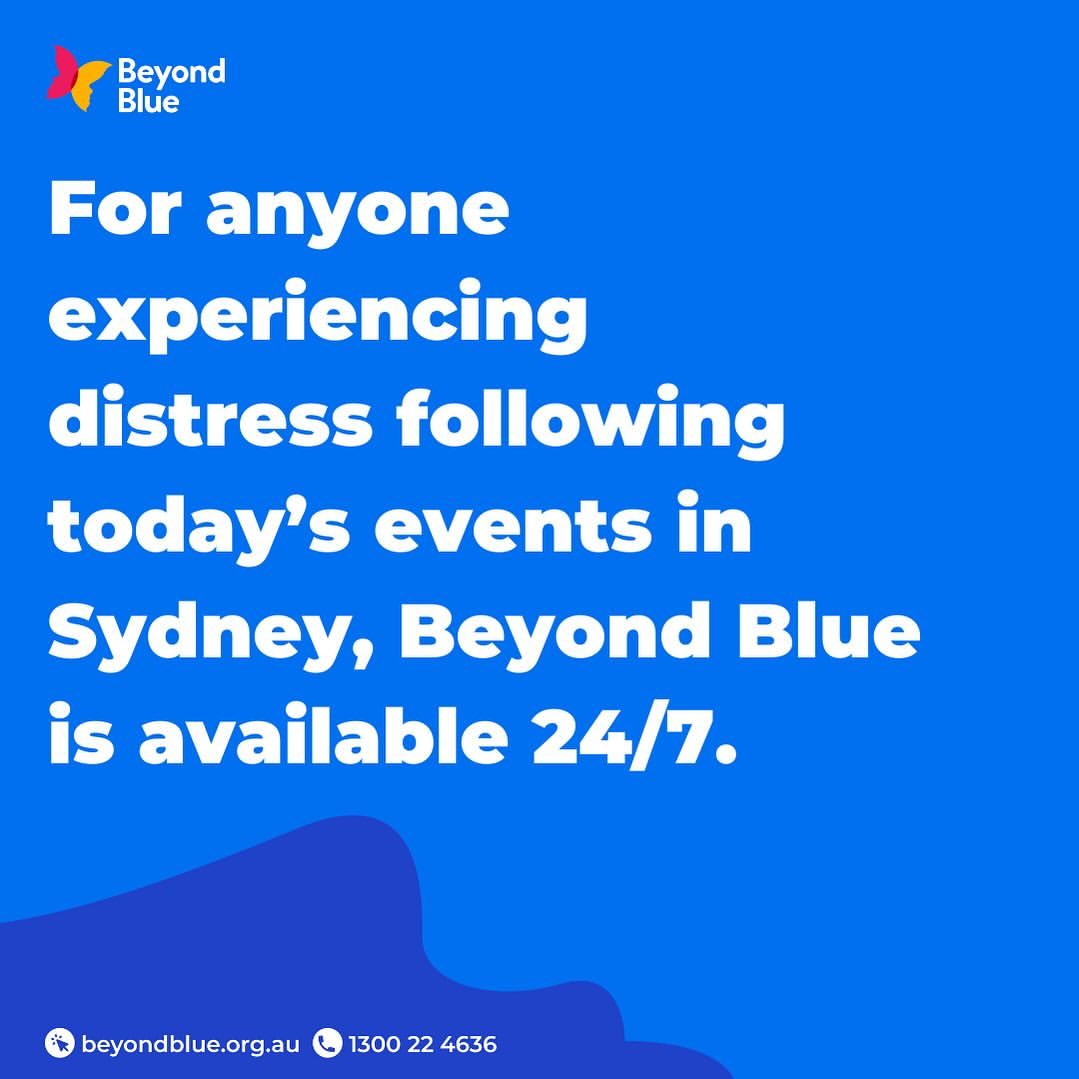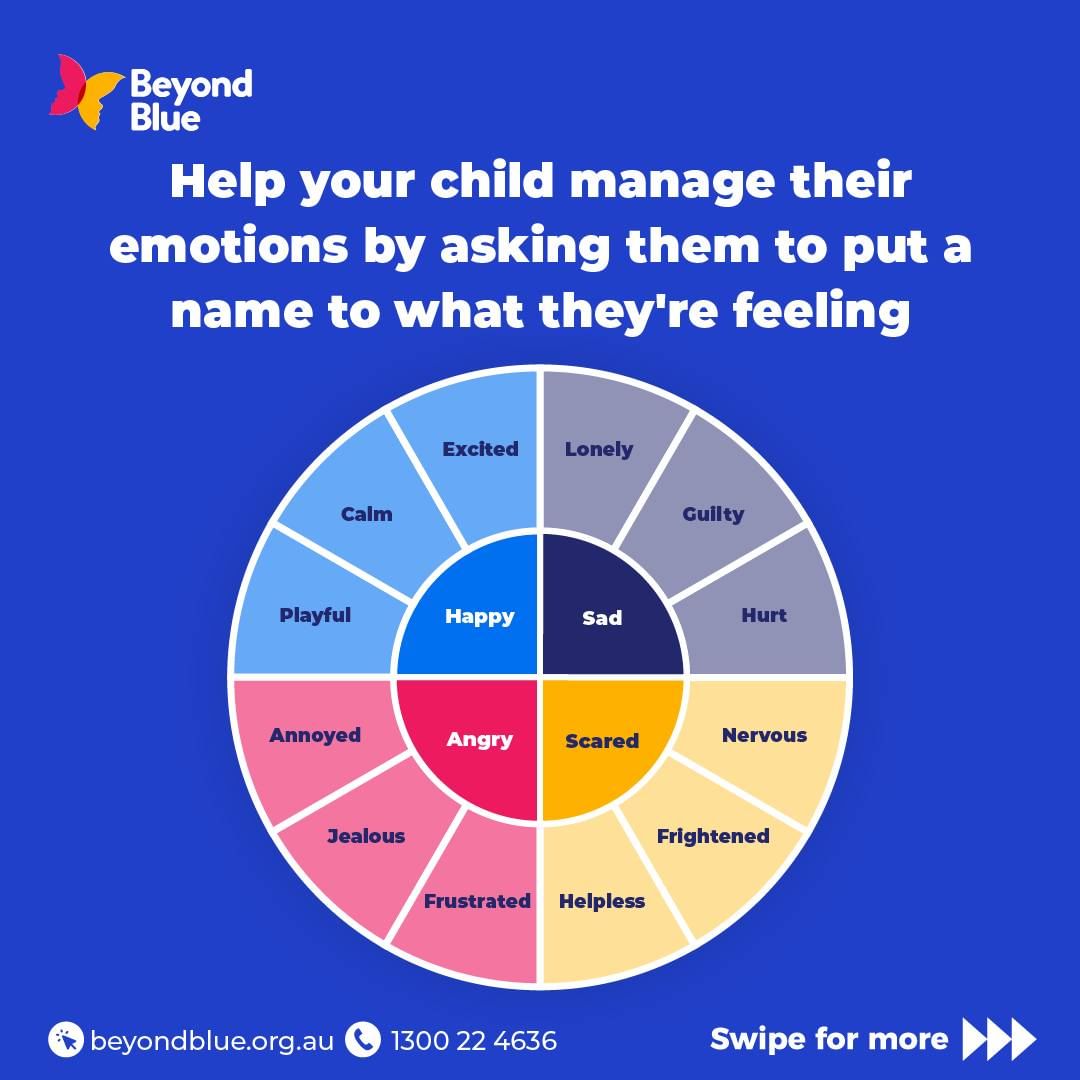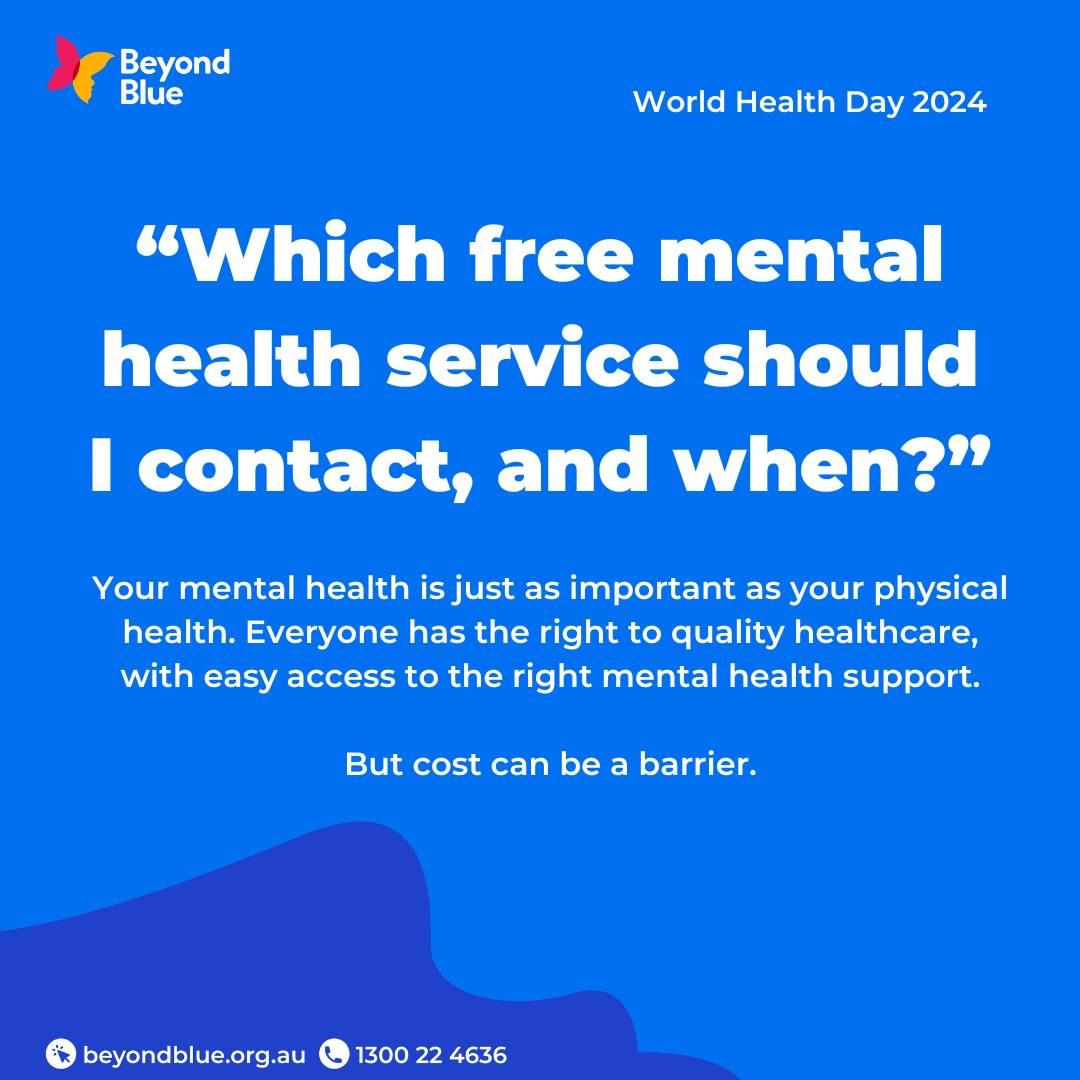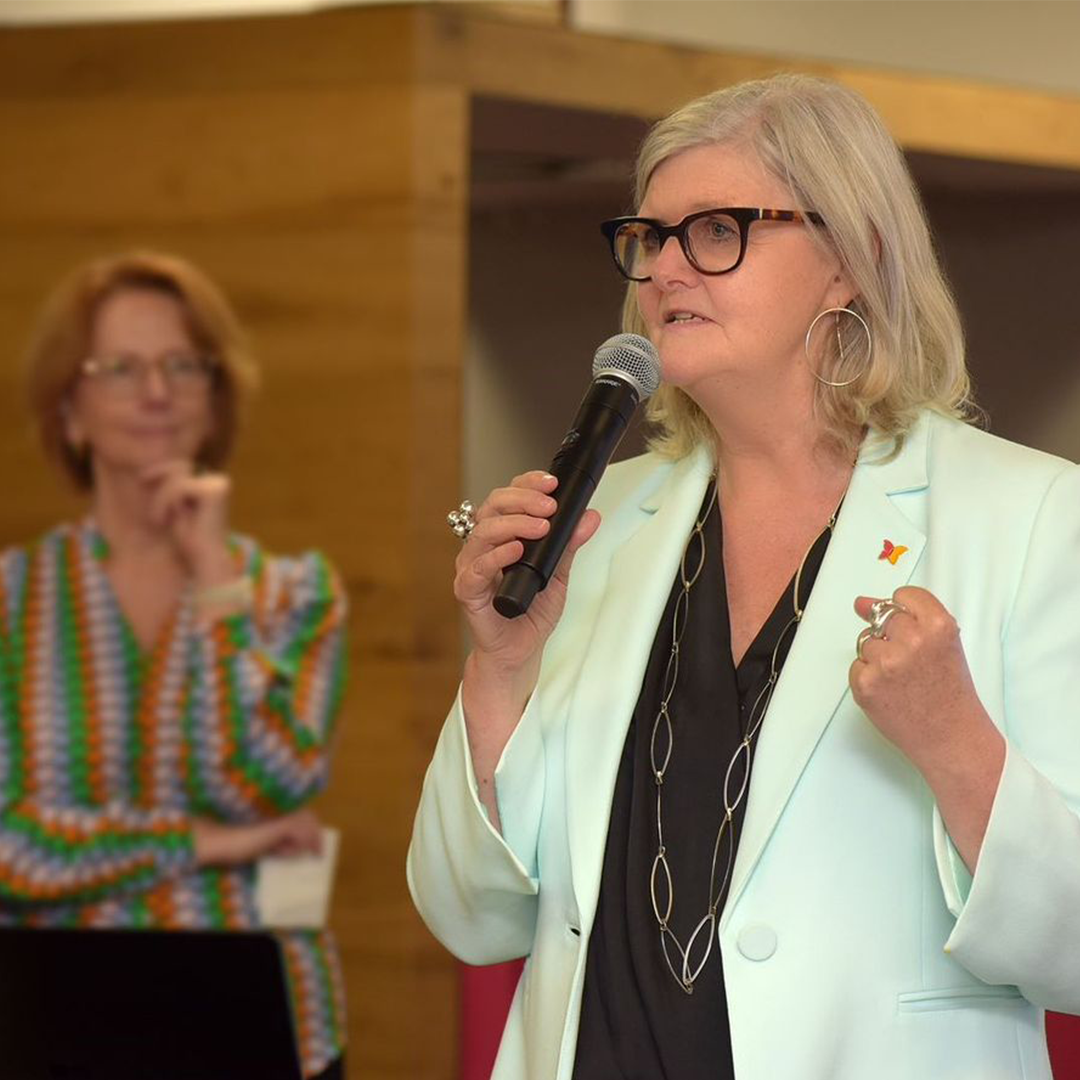This website has been established to provide information about anxiety, depression and suicide to the Australian community. The website is not intended to be a substitute for professional medical advice, diagnosis or treatment. You should seek the advice of an appropriately qualified healthcare professional before making decisions about your own circumstances. You should not disregard professional medical advice, or delay seeking it, because of any information contained on this website.







